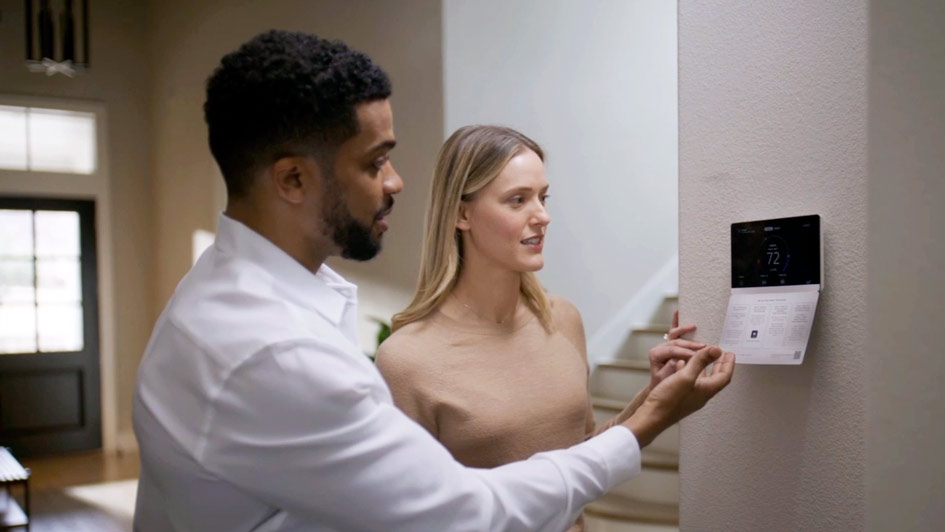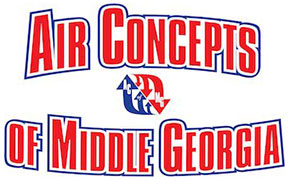
Buying your first home is exciting. You’re probably juggling numerous details about making the right choice. We believe that gaining insight into your future HVAC system is vital. The property’s HVAC system represents a significant investment and potential source of long-term costs, which is why due diligence should be a top priority for first-time homebuyers.
In the following guide, we’ll outline seven tips for learning everything you can about a home’s heating and cooling setup. And if you want a more in-depth opinion from the experts, feel free to call Air Concepts of Middle Georgia. Our seasoned technicians can share details about your options with industry insights that are second to none.
1. What HVAC System Are You Working With?
Start by clarifying what kind of HVAC system the home features. Furnaces generally last longer compared to air conditioners, and relatively new types of HVAC systems like heat pumps can offer average life spans that are even longer. Knowing the make and specific model gives you a clear idea of how much it might cost in upkeep over time.
2. What Is the Current System’s Age?
It’s just as smart to learn how old the HVAC system is when you're looking at a potential new home. In general, HVAC systems should survive for around 10-12 years. Knowing when it was installed helps you anticipate future maintenance needs or considerations if it might shut down for good. Older systems may be more vulnerable to problems, so fiscal planning for a replacement unit might be needed faster than expected.
3. What Does the Warranty Cover?
Be sure to check the HVAC system is covered by a warranty. If it is, this can lighten the load for maintenance expenses. HVAC warranties often cover parts and labor, but the details in each policy will vary. Review any terms that seem confusing to make sure you fully understand your coverage and any possible out-of-pocket costs.
4. Has the System Ever Been Professionally Serviced or Maintained?
Take a close look at the maintenance history of the HVAC system, if this kind of history is accessible. This kind of information can demonstrate if there have been regular problems or how often maintenance is performed. Inquire about key tasks like filter changes, which means it enjoyed more regularly scheduled tune-ups.
5. What Are the Energy Efficiency Ratings?
Finding a home that features an HVAC system with great energy efficiency can lead to more manageable utility bills and less of an impact on the environment. Check out the seasonal energy efficiency ratio (SEER) ratings for air conditioning along with the annual fuel utilization efficiency (AFUE) for furnaces. Higher SEER ratings mean better cooling across the entire season, while high AFUE ratings mean the fuel is more effectively burned for useable heat.
6. Can You Spot Trouble After Your Own Inspection?
Even without experience in HVAC systems, it's still a good idea to examine the HVAC system yourself. Keep an eye out for potential issues that haven't been mentioned by the seller. This might consist of odd sounds, spots with uneven heating or cooling and attempts to cover up any visible damage.
7. Have You Sought Out Expert Advice?
If you're not quite sure about the condition of the HVAC system, it's wise to get an assessment and recommendation from trained HVAC professionals. They will be much more likely to catch things you might not, like leaks in the refrigerant, wiring issues or inefficient ductwork.
A Call with Air Concepts of Middle Georgia Simplifies Your Home-Buying Journey
Finding your first home ought to be exciting, and Air Concepts of Middle Georgia can ensure it stays that way. Connect with us at 478-200-5689. We can discuss how our HVAC services help make this process smoother, giving you what you need to step into your new home with confidence.
